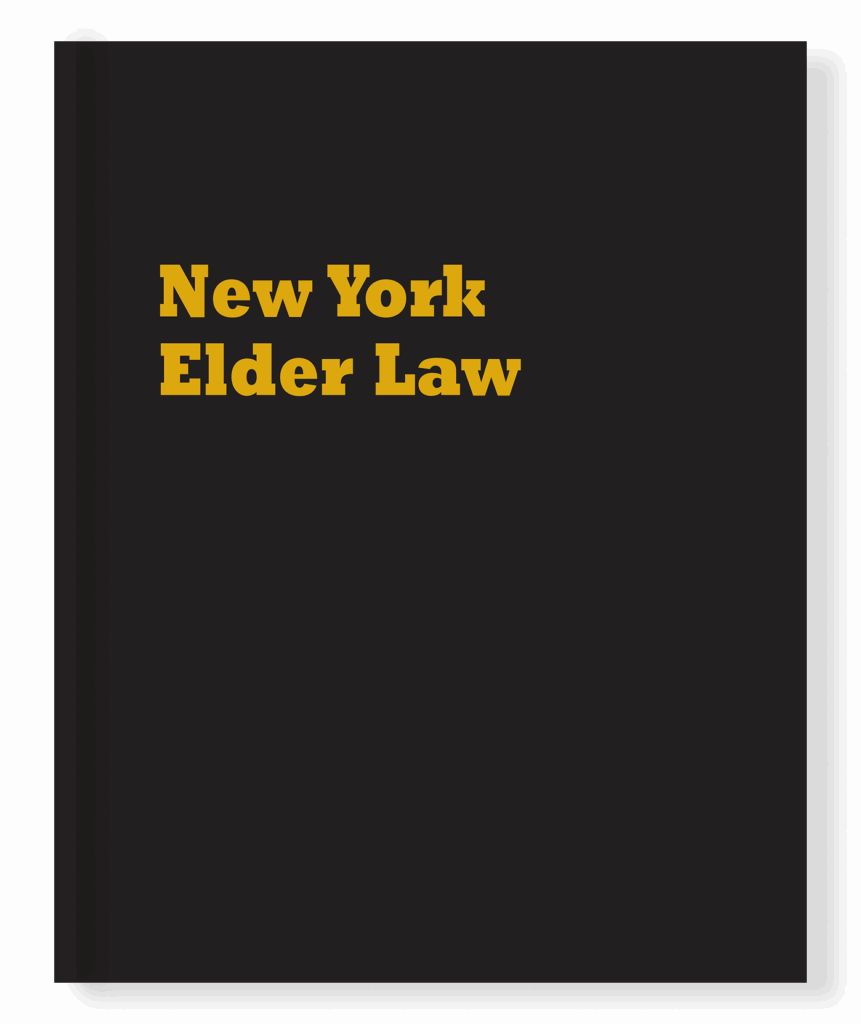
Financial Product Fundamentals: Law, Business, Compliance (Second Edition) serves as a comprehensive reference guide for attorneys, regulatory officers, compliance personnel, and any other professionals navigating securities regulation and compliance. This newly updated treatise contains expert analysis of a wide range of financial topics, including investment trusts, mutual funds, hedge funds, and variable insurance products.
Highlights of the recent update include:
- Chapter 2, Limited Offerings and Private Placements, reviews the SEC’s issuance of a no-action letter in March 2025 and its effects on issuers’ Verification Requirements in relation to Rule 506(c) offerings. (Section 2:7.4)
- Chapter 4, Securitization, is a new chapter covering securitization’s definition, functionality, and broader regulatory framework. This new chapter also covers tax and ERISA considerations, and treatment of security transactions under both bank capital rules and UCC Article 9.
- Chapter 23, Collective Trust Funds, expands upon the earlier version’s discussion of the collective trust fund and its inclusion of the prudence standard and private equity investments. (Section 23:3.9)
- Chapter 27, Interval Funds, includes an update on SEC Rule 18f-4 and a more expansive discussion regarding investments in other funds. (Section 27:2.3[D] and section 27:5.2)
Order a print copy today.








